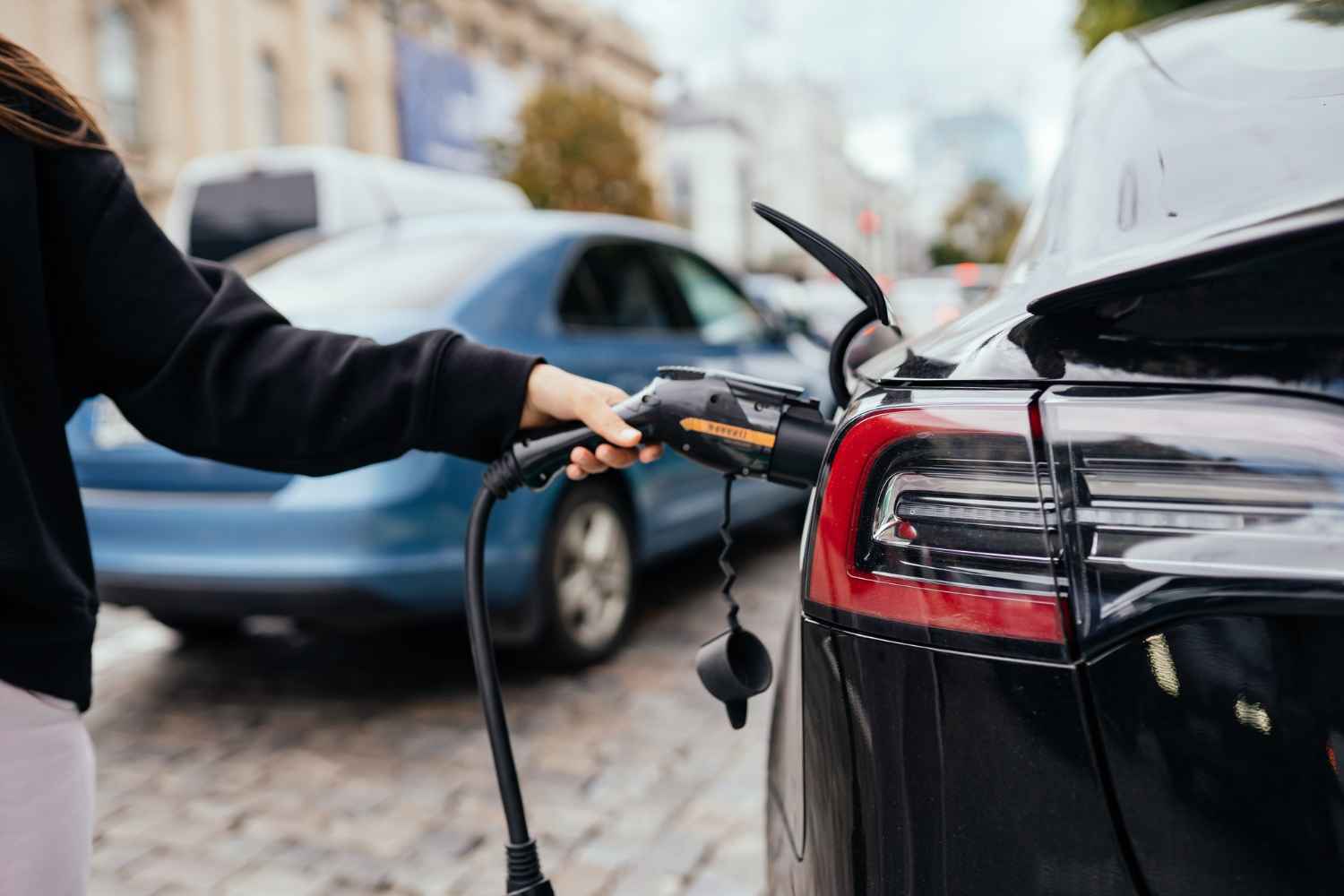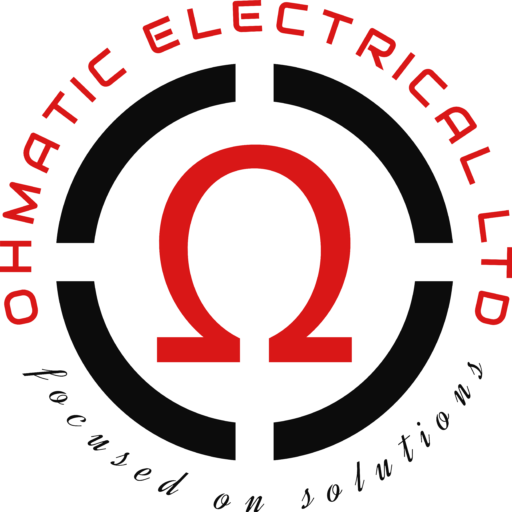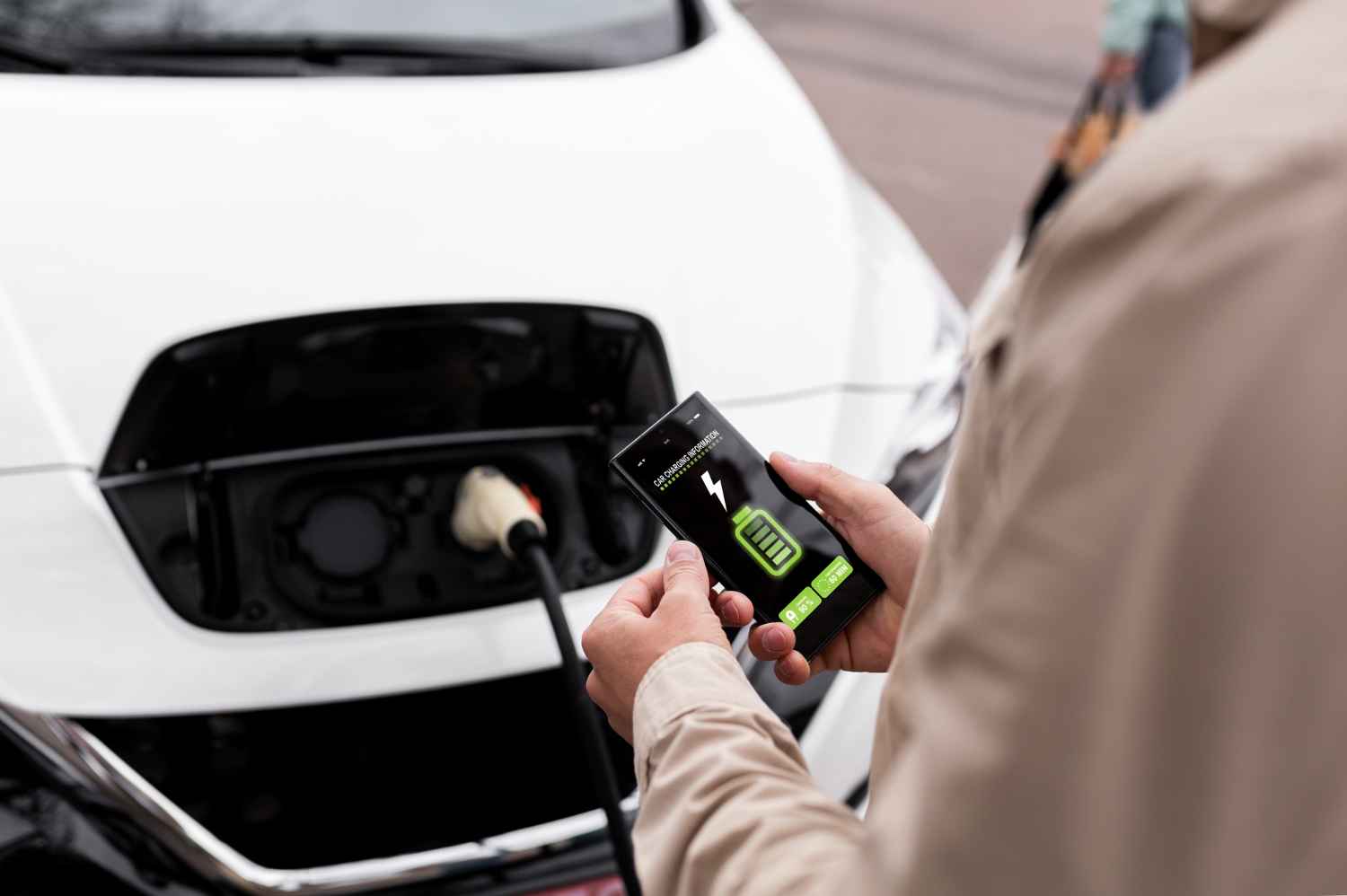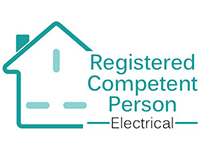An EV (Electric Vehicle) charger connects an electric vehicle to the electricity source for charging your car. An EV charger installed at your home provides you with the convenience and ease of faster car charging. It also charges your car cost-effectively compared to vehicle charging at public stations.
In this blog, we have discussed the factors to consider for EV charger installation at your home, its requirements, installation duration, and advantages.
Factors to Consider for EV Charger Installation at Home
It is convenient to install your EV (Electrical Vehicle) charger in your home, but it requires you to consider certain things before installing it:
Location of EV Charger Installation
It would help if you decided where to install the charger, i.e., in your garage or on the exterior wall of your driveway. Make sure to choose a spot where you can connect it easily with the main electricity. The charger should be installed at a place close enough to your electric vehicle’s parking. You should also check for the charging cable length and location of the socket on your car.
Wi-Fi Connection
Most EV chargers require a Wi-Fi connection to properly function their intelligent features, so it is essential to consider your Wi-Fi router location to keep the EV charging point under its access.
Type of EV Charger
It would be best to consider whether you want a tethered or universal chargepoint. You can also consider different aspects of the chargers, including their charging rate and the available power supply of your home.
Cost of EV Charger Installation
It is essential to check if your chargepoint provider includes the cost of EV charger installation in the price of the charger or not. In some cases, additional electrical work must be completed before the installation of your EV charger, which requires extra cost. Low-power chargers cost less as compared to high-power chargers.
EV Charge Point Provider
There are several EV chargepoint providers in the UK, and you should choose the right one by considering different aspects such as innovative features, charge points safety, model compatibility, adherence to standards and regulations, and price quote.
Power of Charger
You should decide if you want a 3kW, 7 kW, or 22kW power charger, depending on the duration in which you want your car fully charged.
Charger Design
You can also consider the charger’s design that appeals to your visual senses while purchasing one for you.
Share Information with Installers
You should provide as much information as possible to your installers before time to avoid any hustle on the day of charger installation. It also helps them to conduct a site survey for your home before installation.

Requirements for EV Charger Installation at Home
You can install an EV charger in your home if you meet the following requirements:
- Own property or permission from the landlord in case of rented property
- Own off-street parking
- Wi-Fi connection at home
Duration of Charger Installation
If everything goes according to the plan and there are no significant issues, a standard installation can take almost 2 to 4 hours on average; however, complicated installations may require more time. Moreover, this duration can also get extended due to extra repair work required to prepare a particular location of your home for charger installation.
Advantages of EV Charger
The following are the advantages of an EV charger:
- It helps charge your electric car three times faster on a 7kW chargepoint of your home than a 3-pin plug.
- It can also charge large car batteries of 100kWH+.
- It ensures safety by sustaining the electrical loads through home charge points.
- It is easy to use.






